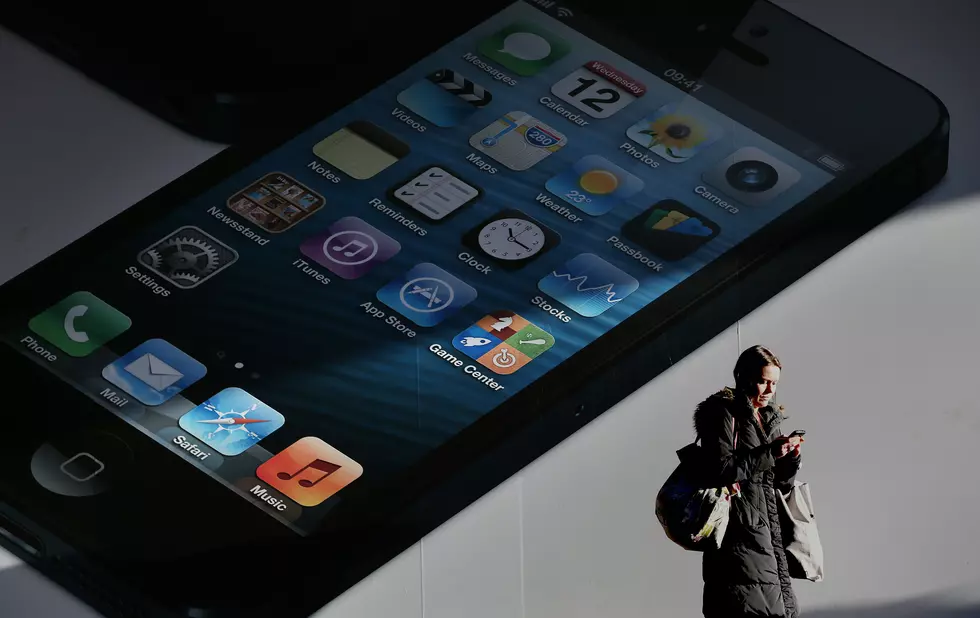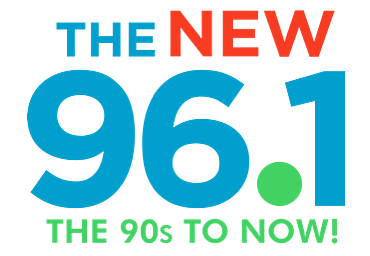
4 Ways Ads Are Legally Allowed to Lie To You
We all know they can't put anything on the internet that isn't true. I learned that on the internet. (Please note the sarcasm.)
Honestly though, you really can't trust much of anything you hear in major advertising campaigns, as companies are legally allowed to deceive you on purpose.
As a matter of fact, Coke and Apple have both defended false claims about VitaminWater and the iPhone 3G, saying consumers should have known they were false! We're definitely not protected by the law against false advertising.
A few examples:
1. Cell phone coverage maps -- Anywhere your phone drops a call, there could be LOTS of reasons why it happened, so basically it's impossible to prove that a company didn't have coverage there. So, lying on the maps...
2. Food serving sizes -- The sizes change randomly, so we often assume a package is one serving. It's usually not.
3. Bogus health benefits -- Companies will make any health claim people will believe, like acai berries being better for you than other berries. Eclipse Gum claimed their product killed germs in your mouth...and they lost that court case because it's not the GUM, it's the CHEWING.
4. Making food sound healthy when it's not -- Just because Krispy Kreme says their donuts have 0 percent trans fat does NOT mean their donuts are healthy.
More From The New 96.1 WTSS


![Look Where Buffalo Ranks in Top 10 Tailgate Cities [LIST]](http://townsquare.media/site/10/files/2015/10/Buffalo-Bills-Tailgating.png?w=980&q=75)
![The 6 Most Infamous Serial Killers From Buffalo and WNY! [List]](http://townsquare.media/site/11/files/2016/03/Police-Tape.jpg?w=980&q=75)




![Who Has Played at Darien Lake the Most Times? [LIST]](http://townsquare.media/site/16/files/2016/03/Darien-Lake-Rob-Banks.jpg?w=980&q=75)
